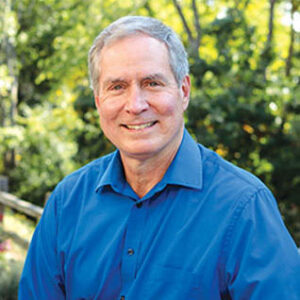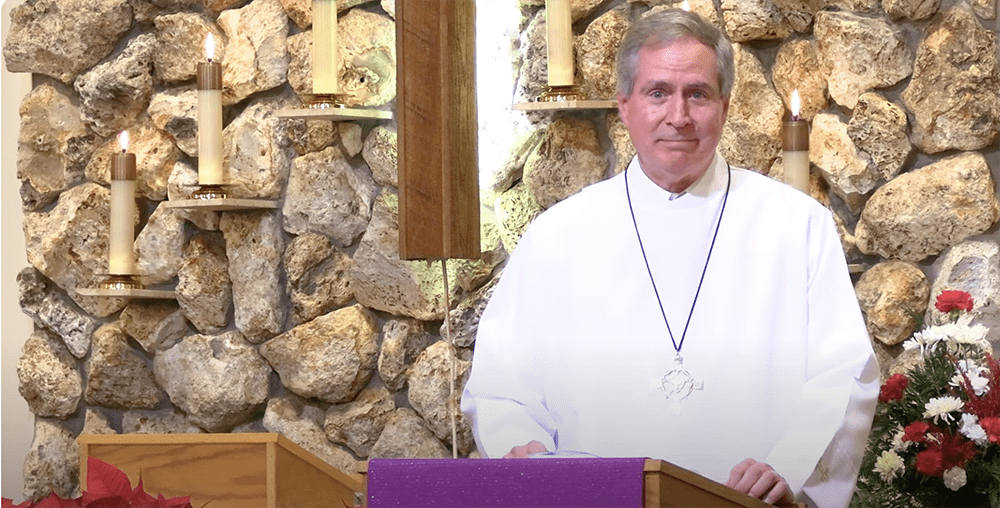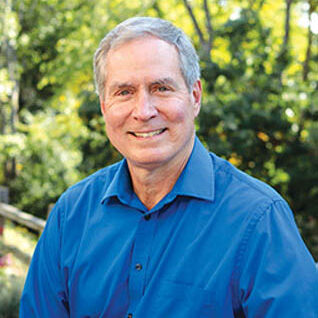 |
In the first installment of “Free in Christ,” you learn how two congregations offer adult Bible classes to their members. The approaches are different, but the goals and outcomes are similar. The “Free in Christ” series will run throughout 2024.
In this series, you will be reading stories about WELS congregations that carry out activities like Bible classes, community outreach, and confirmation classes differently from each other.
In this same series, you will be reading stories about individuals in WELS who have faith practices like reading the Bible, praying, and witnessing that might differ from practices of other WELS members.
Those articles about congregations and individuals are by no means intended to pit one particular activity or practice against another or to suggest that one approach is right and the other is wrong. Far from it! The articles are intended to illustrate some of the freedoms New Testament followers of the Lord have.

To appreciate our freedoms by way of contrast with the Old Testament people of Israel, re-read portions of Exodus, Leviticus, and Deuteronomy to be reminded of how the Lord regulated their lives—all for their good. From dietary and clothing restrictions to specific, mandatory sacrificial offerings, the Lord spelled out his will. From personal hygiene instructions to corporate worship furniture design, the Lord made it very clear how the people of Israel were to live.
That was then. Colossians 2:16,17 is now. “Do not let anyone judge you by what you eat or drink, or with regard to a religious festival, a New Moon celebration or a Sabbath day. These are a shadow of the things that were to come; the reality, however, is found in Christ.”
When Jesus completed his redeeming work, all the ceremonial laws of the Old Testament became obsolete; they were no longer binding on anyone. The rending of the thick curtain in the temple in Jerusalem on Good Friday was God’s visual aid to underscore that truth. Where there had been prescribed ways of living, there is now freedom.
But how can Christians best use that freedom? How do Christians exercise their Christian freedom in ways that are pleasing to God and beneficial for others? Portions of Romans and 1 Corinthians clearly illustrate that selflessness—thinking of others and not self—is key. That means that personal preferences might need to be set aside. That means refraining from judging the motives and actions of others who exercise their Christian freedom in ways we do not.
In the past few months, I have had opportunities to experience Christian freedom as a guest preacher in different congregations. In one setting, it was a matter of the local pastor saying, “Yes, bring your gown. I do wear one.” In another setting, it was, “No gown needed. A shirt and tie will be fine. It’s going to be an outdoor service.”
When you read the stories of Christian freedom in 2024, you may be led to conclude, “That’s not me” or “That’s not my congregation, as far as I’m concerned.” And that’s okay. People are different; congregations are different. “One size fits all” is not how Christian freedom works.
On the other hand, these stories of Christian freedom might lead you or your congregation to think of doing something differently—not merely to be different but to adapt to situations or grow in your management of God’s blessings.
It is my hope and prayer that these stories of Christian freedom will stimulate thinking, promote sharing, and expand the ways we glorify our Lord and serve our neighbor.
Author: James Pope
Volume 111, Number 01
Issue: January 2024
- What to know before you go
- Preachers and listeners
- “You came to visit me”
- One little word
- Appreciating the clouds
- The heavenly gardener
- Jesus wept
- A memorable Trinity Sunday sermon
- Sympathy +
- Remembering a rite
- Pastor and wife appreciation month
- Thankful saints
- Opening doors in Advent and beyond
- Practicing Christian freedom
- He loves me, he loves me not







